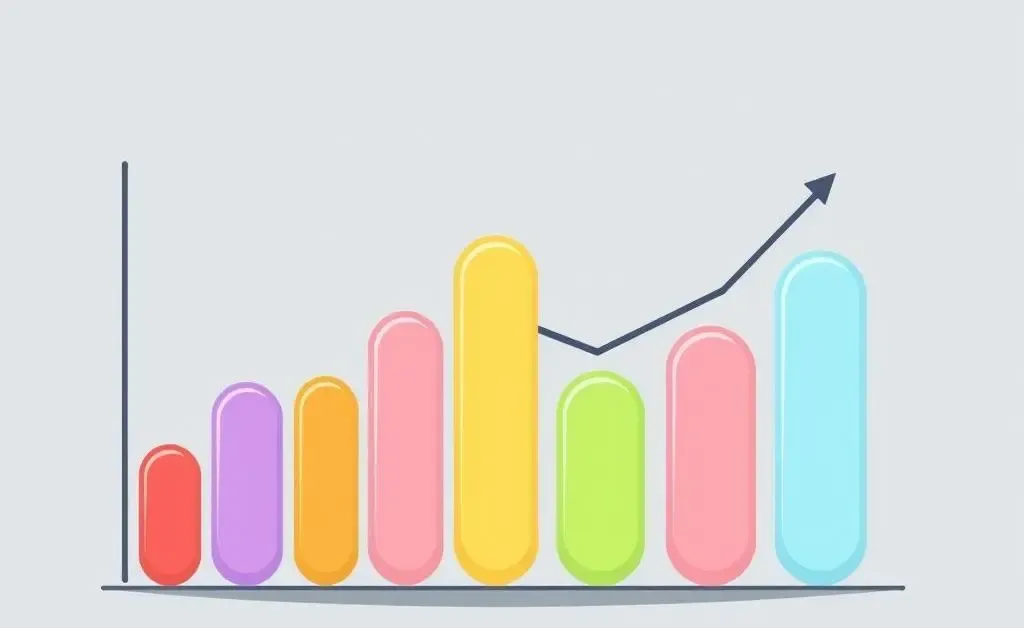Understanding Economic Trends: Jobs, Statistics, and What They Mean for You
Decode the latest job statistics and economic trends in an easy-to-understand way.

Hey there, friend! Today, I want to dive into something we've all heard about but might not fully understand: job statistics and economic trends. You know, those numbers we occasionally see flashing on our screens, which are supposed to tell us how the economy is doing. But what do they actually mean for you and me?
What's Happening in the Job Market?
Let's start with the basics. When we talk about the job market, we're looking at employment rates, job growth, and unemployment figures. These numbers help us understand whether jobs are being created, what sectors are booming, and how easy (or hard) it's going to be to find a job.

Key Metrics to Watch
Ever heard of GDP, inflation, or the unemployment rate? These are some of the key indicators economists use to gauge economic health. Let's break them down:
- GDP: Gross Domestic Product measures the total market value of all goods and services produced. If GDP is growing, that's usually a good sign.
- Inflation rate: This tells us how prices are changing over time. Moderate inflation is normal, but high inflation can reduce purchasing power.
- Unemployment rate: This indicates the percentage of people looking for work versus those who have jobs. A lower rate generally means a healthier economy.

Why Should You Care?
Understanding these trends isn't just for economists or policy-makers. These statistics have real implications for personal finance. For instance, knowing about the job market can help you strategically plan your career or understand why that milk you buy every day just got more expensive.
And let's be honest: a lot of us are feeling the pinch of economic changes, from rising living costs to shifts in job availability. Keeping an eye on these numbers can help us make better financial decisions, like when to buy a house or even change jobs.
What Can You Do?
Stay informed but don't stress over every little change. Try setting up alerts for major economic news, or follow a few reliable sources. This way, you can keep both eyes open without being overwhelmed.

And remember, no one can predict the economy perfectly. It's a mixed bag of factors that evolves constantly. What's most important is how you react and adapt to these changes.
Wrapping It Up
The job market and economic stats can feel daunting, but breaking them down into bite-sized pieces helps demystify them. Next time you hear about these trends, you'll know what they mean and how they might impact you.
Over to you: How do you feel about the current economic climate? Have you made any changes based on recent trends?




